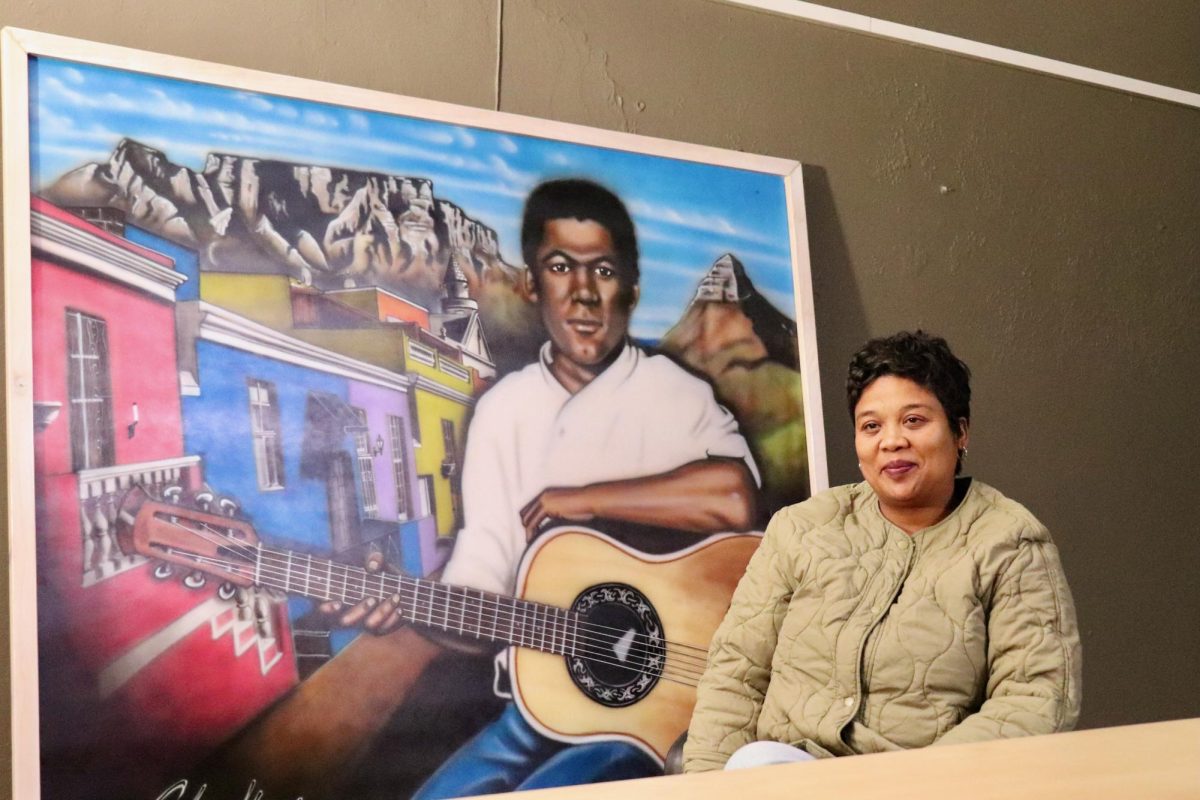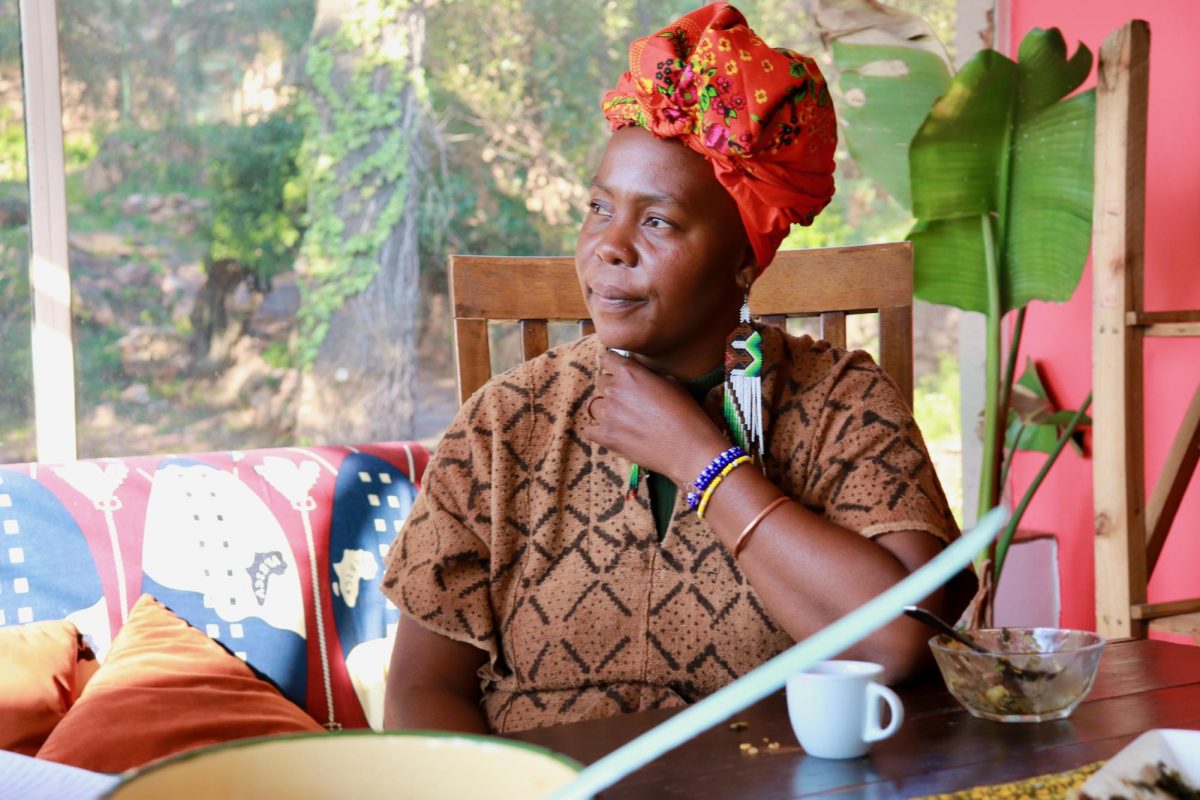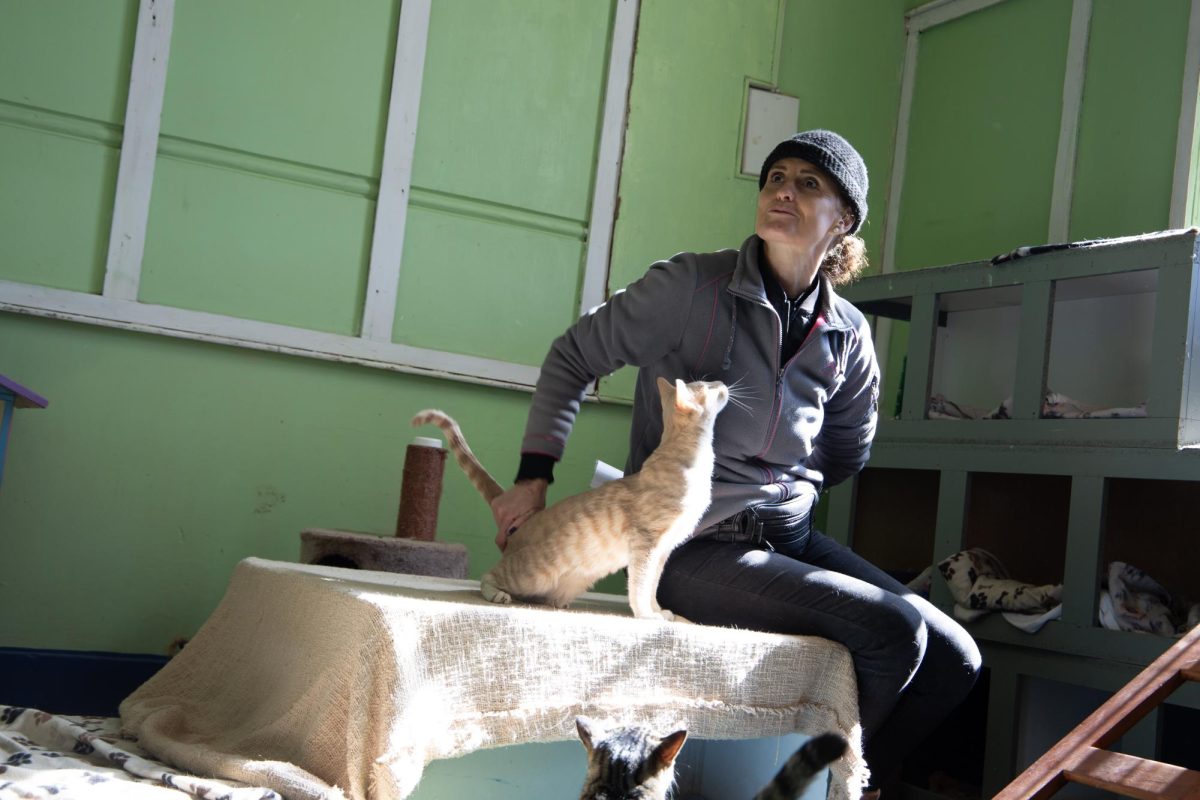In 2020, the only thing that has been constant is change. Our world, lives and plans seem to be changing faster than we can keep up. We long for the past, while the present is being stolen from us and the future looks increasingly bleak. Anxiety, depression and even suicide rates are at an all-time high for young people. As terrible as it is, it makes sense.
The pandemic has affected all of us, some more than others. People are dealing with the grief of losing loved ones to the coronavirus. Students who have chosen to return to campus have to worry about contracting COVID-19; many are also worried about widespread infections and being sent home.
Students cannot control what their fellow classmates do, even when their classmates’ actions could put others at risk. On top of that, they are juggling new rules, multiple course modalities and trying to stay as safe and healthy as possible.
Students taking courses online have a different set of challenges, especially without a real connection to the campus community. Learning online isn’t what many students preferred, but what felt safest for them. Sitting in Zoom for the whole day away from friends and campus can become lonely and tiring.
College is hard enough as it is, without a pandemic. But now, it seems that the work is never ending with no clear breaks in sight. An intensified workload and diminishing motivation is a dangerous combination.
On top of these problems, many students are struggling to come to terms with reality. College is the last transition from youth to adulthood; it is a limited amount of time that many people treasure and look back upon fondly.
For current college students, it feels like COVID-19 has tainted this experience. Many of the fun things students used to do to let off steam are no longer safe. The social distancing policies and restrictions on visitors, while completely understandable, create a feeling of isolation. Students feel drained and exhausted, yearning for the world that was our reality less than a year ago.
Students are facing these feelings of fear and sadness differently. For first-year students, their entrance to college is strange. Coming into a new world and adjusting to college life is already a substantial change; to do so under COVID-19 restrictions makes it more difficult to make friends and adapt to this new lifestyle.
On the opposite end of the spectrum, seniors are getting ready to leave a place that has been their home for four years, without a proper goodbye. They are also facing uncertainty about what life holds after graduation. Job prospects seem difficult to come by, and even then, they are transitioning into more uncertainty.
With the pandemic already being a leading cause in declining mental health, after adding in all these other factors, it makes sense that students are really struggling. According to a recent study about the pandemic’s effect on mental health conducted by the Centers for Disease Control and Prevention (CDC), there was a disproportionate number of 18-24 year olds who have “seriously considered suicide” over the course of the last month.
It is clear that although everyone is affected by the pandemic, students are especially struggling. While colleges are focused on trying to test people, quarantine students and keep the campus open and safe, mental health resources have been put on the back burner.
Mental health issues are rising, and we need to continue to talk about and normalize this issue. Especially in times of isolation, it is important to remind each other that we aren’t alone and that our problems, even the ones with varying levels of severity, are valid.
The one positive is that people are beginning to be more comfortable and open with these issues, so it is more apparent that people are struggling.
I believe that universities should take action; whether that is giving students more breaks or professors being more accommodating or promoting mental health resources, a little understanding and compassion towards overwhelmed students could go a long way. The stress, anxiety and sadness that many students are facing is real, and needs to be addressed and dealt with.








































